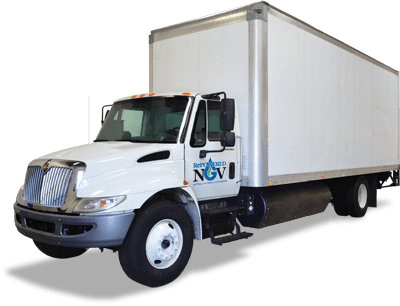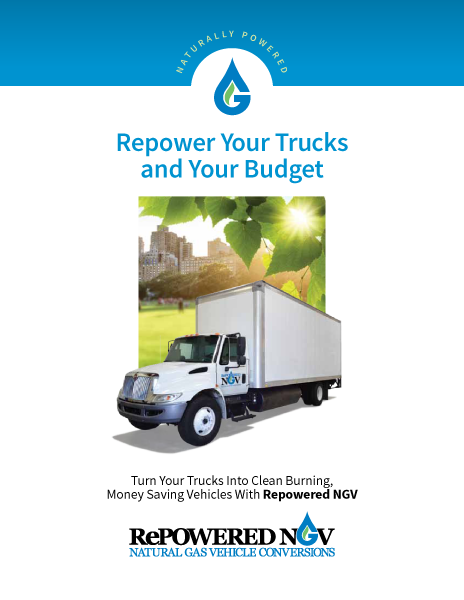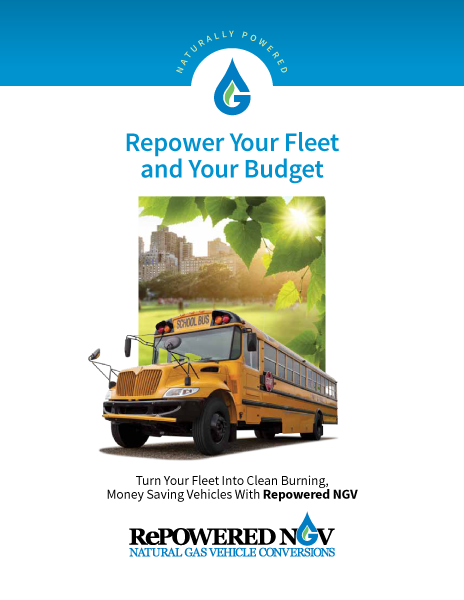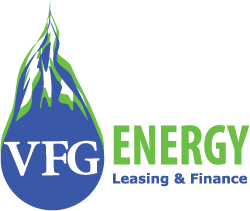Turn Your Trucks into Clean Burning, Money Saving Vehicles with RePowered NGV.
Natural gas is gaining speed as the answer to the rising price of diesel fuel. Natural gas costs up to 50% less than oil, plus it’s a clean, U.S. produced fuel alternative that delivers a lot of energy with lower hydrocarbon (or greenhouse gas) emissions.
Because there is an abundance of natural gas in the U.S., the price will continue to remain stable, whereas oil is subject to global fluctuations and increases.
Discover Your Savings
CNG’s price advantage vs. diesel, gasoline and propane has become greater with the advent of large proven U.S. natural gas reserves.
Get the Most out of Your Investment
Reap big savings with our simple natural gas conversion process that pays you back quickly.
$10,000 a year in fuel costs gets you...

Based on Diesel price of $3.91/gallon and national average price of $2.08/gasoline equivilant (GGE) at efficiency of 8/mpg. June 2014.
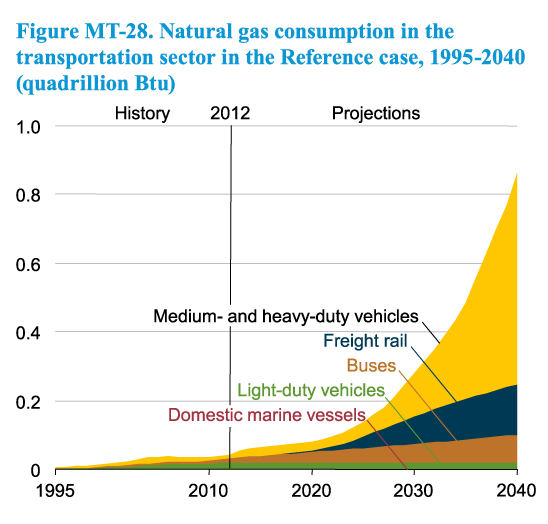
Source: 2014 EIA Energy Outlook
With increasing availability, and more competitive pricing versus diesel fuel, the U.S. Energy Information Administration’s (EIA) 2014 Energy Review forecast that natural gas powered medium and heavy duty vehicles will see dramatic growth to become the primary transportation user of natural gas over the next few decades.
Savings Calculator
Power Up Naturally
Diesel powered trucks and buses are subject to ever stringent emission standards that have added complexity and thousands of dollars to the cost of new vehicles.
Although new diesel powered trucks and vehicles have progressively become cleaner by meeting stricter emission standards, they still operate on high cost fuel. Repowered NGV offers a better, green solution by repowering your existing vehicles with a fully remanufactured engine, adapted to run on low cost natural gas. And, repowering your existing vehicles, to take advantage of lower cost natural gas, significantly reduces overall vehicle operating costs and requires far lower capital investment than buying new natural gas powered trucks. For that matter, it costs less than buying new diesel trucks.
CNG (Compressed Natural Gas)
CNG is natural gas under pressure that is clear, odorless, and non-corrosive. Natural gas has the highest energy/carbon ratio of any fossil fuel and produces less carbon dioxide per unit of energy. Vehicles using CNG are cleaner with lower carbon and particulate matter emissions compared with diesel engines.
CNG is stored on trucks and buses in special fuel tanks with various sizes and configurations to accommodate different customer needs. Natural gas is lighter than air and will normally dissipate in the case of a leak, giving it a significant safety advantage over gasoline or LPG.
Natural gas powers more than 100,000 vehicles in the United States and roughly 11.2 million vehicles worldwide. In the U.S., CNG is available from 1,390 vehicle fueling stations with 7,723 having public access (as of April 18, 2014) with new fueling stations being added each month to meet the increasing fuel demand for natural gas powered vehicles.
LNG (Liquid Natural Gas)
LNG is natural gas stored as a super-cooled (cryogenic) liquid around -260 degrees F. Because of the increased fuel density compared with CNG, the fuel range of LNG trucks can be extended and refueling frequency reduced. However, LNG is more costly to refine and store, and higher cost LNG fuel tanks and limited LNG vehicle fueling infrastructure, compared with CNG, limit truck and bus applications.
LPG (Liquefied Petroleum Gas)
LPG, also known as Autogas for automotive applications, consists mainly of propane, propylene, butane, and butylene in various mixtures. It is a by-product of natural gas processing and petroleum refining.
LPG has been used for many years as a transportation fuel—mostly with after-market gas engine conversions. LPG is stored in pressurized tanks on vehicles. Although LPG fuel is widely available, its price for automotive use is typically higher than for CNG, and, because of its use as a home heating fuel in many parts of the country, it makes for more volatile pricing, particularly during peak heating months.
Contact us today to see how a natural switch can bring new life to your trucks and your budget.
Contact Us
Repowered NGV Alliance LLC
5956 Sherry Lane, Suite 1810
Dallas, Texas 75225-8029
ewilliams@repoweredngv.com
(855) 432-7648
For sales information please contact:
Dino Dobbins Jr
Sales Engineer
ddobbinsjr@narcng.com
(760) 385-8407
North American Repower
The critical natural gas fueling systems used in all Repowered NGV vehicles are developed by North American Repower, a privately held clean-tech company that specializes in natural gas engine fueling systems and conversion. North American Repower is managed by a select group of forward thinking investors who are concerned about the future and believe efficient and intelligent use of our existing resources is the most immediate effective path to preserving the environment and revitalizing our economy. North American Repower uses a customer-centric approach to create intelligent, efficient total vehicle design solutions and on-going relationships to meet customers’ needs in the natural gas market place.
Natural Gas is the Future
“The time for natural-gas trucking is now. And why not? Cleaner, cheaper and more abundant than any other alternative vehicle fuel, natural gas is a clear winner.”
—The Time for Natural Gas is Now; Commentary: Roll Call, June 7, 2013
“Given the potential for more natural gas powered vehicles in the future, investors may want to cash in on the trend.”
—Playing The Growth In Natural Gas Powered Vehicles: Investopedia, March 13, 2014
